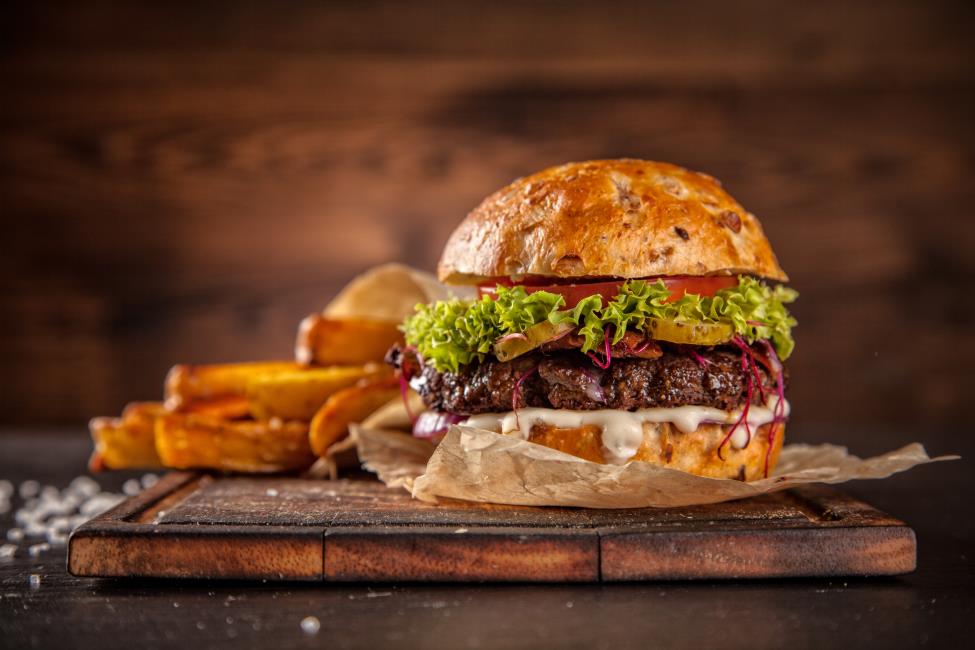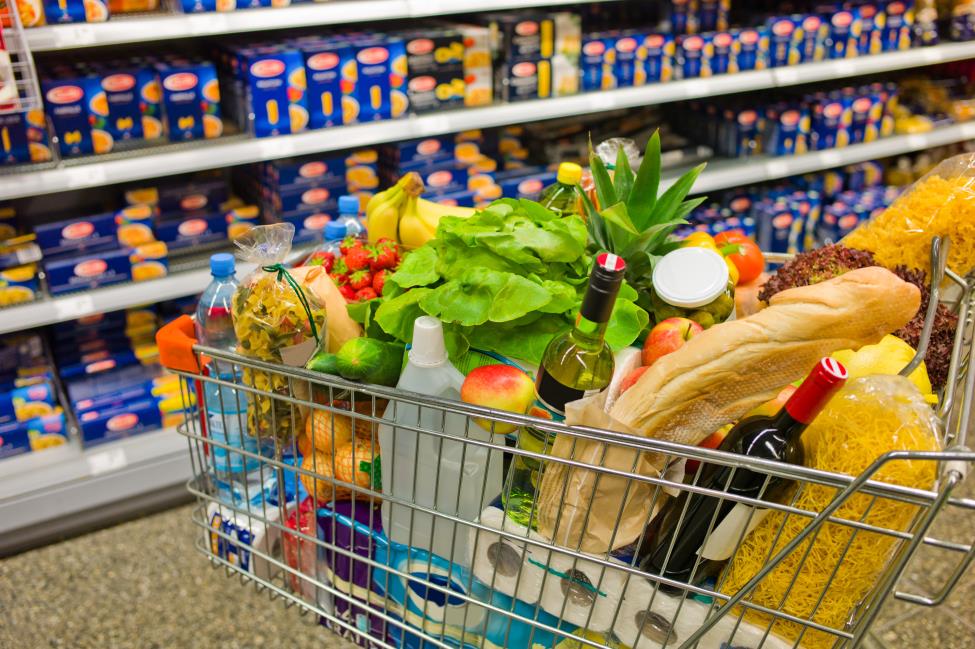10 Terms to Make You Speak American English like a Native
Hoping to sound like a real American? These expressions will help you learn some of the more informal ways that real native speakers talk.
The United States is so large that different parts of the country can speak very distinctly from one another: learn more about common slang terms and differentiating regionalisms below.
American Slang
Bomb
This term can be a bit confusing, as many different “bomb” slang expressions exist with very different meanings. Using bomb as an adjective, or using it with the word “the”, means that something is really good. Saying something “is a bomb,” “was a bomb,” etc., however, or using “bomb” as a verb, has the opposite meaning: something went really badly. If you get confused whether “bomb” should be a good thing or a bad thing, just pay attention to context!
Positive:
I can’t wait to go to the barbeque: my friend makes a bomb hamburger.
I had a great time at the movies last weekend. That movie was the bomb.
Negative:
Even though the movie looked good from the trailers, apparently it was a bomb.
I bombed that test last week when I didn’t study at all.

Cram
Study heavily right before a test
“To cram something into something else” means to force it into a small space. You might, for instance, cram a water bottle into an already almost-full bag. Here, it’s your studying that you’re cramming into a small length of time.
I haven’t been studying, so I need to really cram tonight.
While we’re on the subject, when talking about studying, be aware who you’re speaking with! Americans “review” material before a test, whereas British English speakers “revise.” Although British speakers understand “review”, “revise” has a very different meaning to Americans: to edit or change something, such as an essay.

Cream someone (also clobber, wipe the floor with)
To beat overwhelmingly, usually in a sports game. These are several expressions that mean exactly the same thing!
We got creamed last night; the other team was way too good for us.
The fans cheered as the home team clobbered the visiting team.
We wiped the floor with them! (note, this expression is very strong)
Head honcho
The most important person or high-up boss within a group or company.
Be sure to dress professionally this week; some head honchos from headquarters will be in the office.
John Hancock
Signature
John Hancock was a Founding Father of the United States who famously signed the Declaration of Independence in very large writing.
Can I get your John Hancock on this waiver form?

Veg out
Stay lazy and inactive (pronounced like the first syllable of vegetable)
I was so tired I decided just to veg out in front of the TV all day.

Regionalisms
The United States is both the third largest and third most populous country in the world. Across its 330 million inhabitants, there are many different ways of speaking, including many differences in pronunciation and word choice.
Sometimes it’s unclear whether the differences are considered slang or simply regional variations, but it’s obvious that many differences arise. Some places have very specific terms that they use, while some places will have multiple options for the same thing. Which American English do you want to speak?
The terms are listed in an approximate order from most widespread to most area-specific.
The thing you drink out of
Drinking fountain (northern and western US)
Water fountain (most of the country)
Bubbler (parts of Wisconsin, Massachusetts, Rhode Island)
The thing you put your shopping in
Shopping cart (most of the country)
Grocery cart (most of the country)
Buggy (the South)
Carriage (New England)
Wagon (New York, Hawaii)

The fizzy thing you drink
Soda (East Coast, West Coast)
Pop (the Midwest, parts of the Pacific Northwest and Mountain West)
Coke – this is even used when the drink isn't Coca Cola brand (the South)
Tonic (eastern New England)
The group of people you’re talking to
You guys (North)
Y’all (the South)
Yous/youse (parts of Pennsylvania, New York, New Jersey)
Yinz (Western Pennsylvania)

Although newscasters and people presenting to a wide audience try to avoid language that is too region-specific so their whole audience will understand, remember that those who use regional terms consider it to be “normal” American English for them! So the question remains, which English do you want to speak?
You can learn many more key English terms with Kaplan International. Why not check out our range of American school locations!

